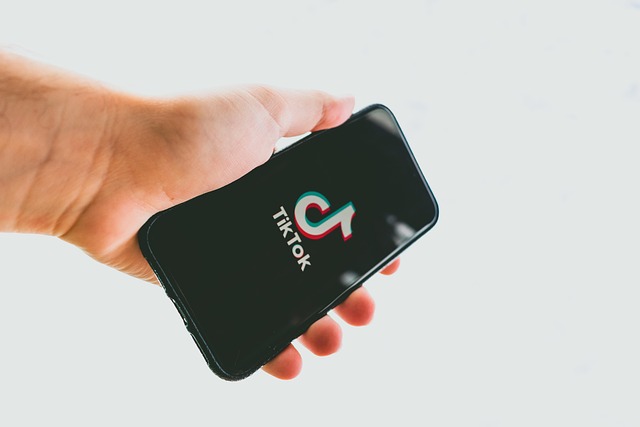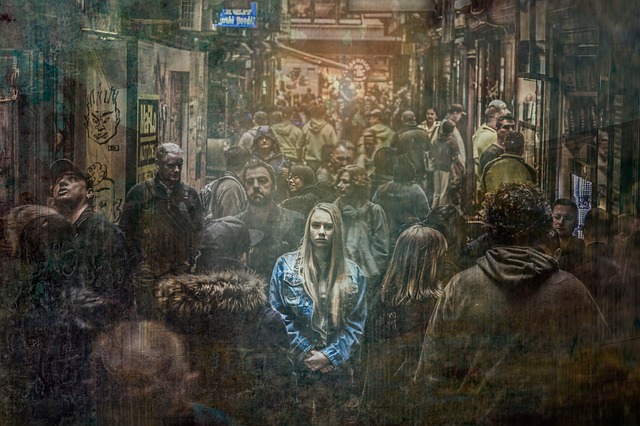In today’s digital landscape, the power of social media networks cannot be overstated. With over 4.9 billion active users worldwide, these platforms offer an unprecedented place for connection and interaction. When we delve into social media connection theories, we uncover the intricate web of relationships that shape our online experiences and define our social lives. From personal accounts to global movements, the impact of social media on our daily interactions is profound.
Social media has fundamentally altered how we connect with others, allowing us to form relationships regardless of geographical boundaries. Through platforms like Facebook, Twitter, and Instagram, we can maintain friendships, seek support, and share experiences with people we may not have encountered otherwise. The convenience and accessibility of these networks create a sense of belonging, inviting us to become part of various communities that reflect our interests, values, and identities.
One striking aspect of social media is its ability to amplify voices. With just a few clicks, users can broadcast their stories to followers, raising awareness for causes that matter to them. This is where connection theories come into play—showing how certain nodes or ‘influencers’ in the network can exert substantial influence, changing perceptions and mobilizing action. The potential for virality is immense, and the ripple effects can be transformative.
However, with the power of connection comes a responsibility. Social media can also create echo chambers, where individuals are only exposed to information aligning with their existing beliefs. This phenomenon highlights the significance of understanding different connection theories, such as strong and weak ties. Strong ties often represent close relationships, whereas weak ties can provide access to diverse information and new perspectives. Navigating these connections wisely is essential for fostering healthy dialogues and reducing polarization.
Moreover, the emotional impact of social media should not be overlooked. Daily interactions can evoke feelings of joy, anger, or even loneliness. Engaging in meaningful conversations or receiving validation through likes and comments allows users to feel appreciated and connected. Yet, it also means we should be cautious about how we curate our digital lives; comparisons with curated content can lead to dissatisfaction and anxiety. Recognizing the difference between online personas and real life is crucial for maintaining mental well-being.
Ultimately, the implications of social media connection theories extend beyond individual interactions. Businesses are recognizing the importance of these platforms in reaching their audience. Marketing strategies increasingly hinge on understanding target demographics through social networks, allowing brands to create tailored experiences for users. As consumers, we benefit from this interconnectedness, receiving personalized content that aligns with our preferences.
In exploring the dynamics of social media, we uncover an intricate tapestry of relationships that highlight both the potential and pitfalls of our digital world. By understanding connection theories, we can navigate this landscape more consciously, making the most of our online experiences. Embracing both the challenges and possibilities will empower us to build more meaningful connections that enrich our lives and communities.




